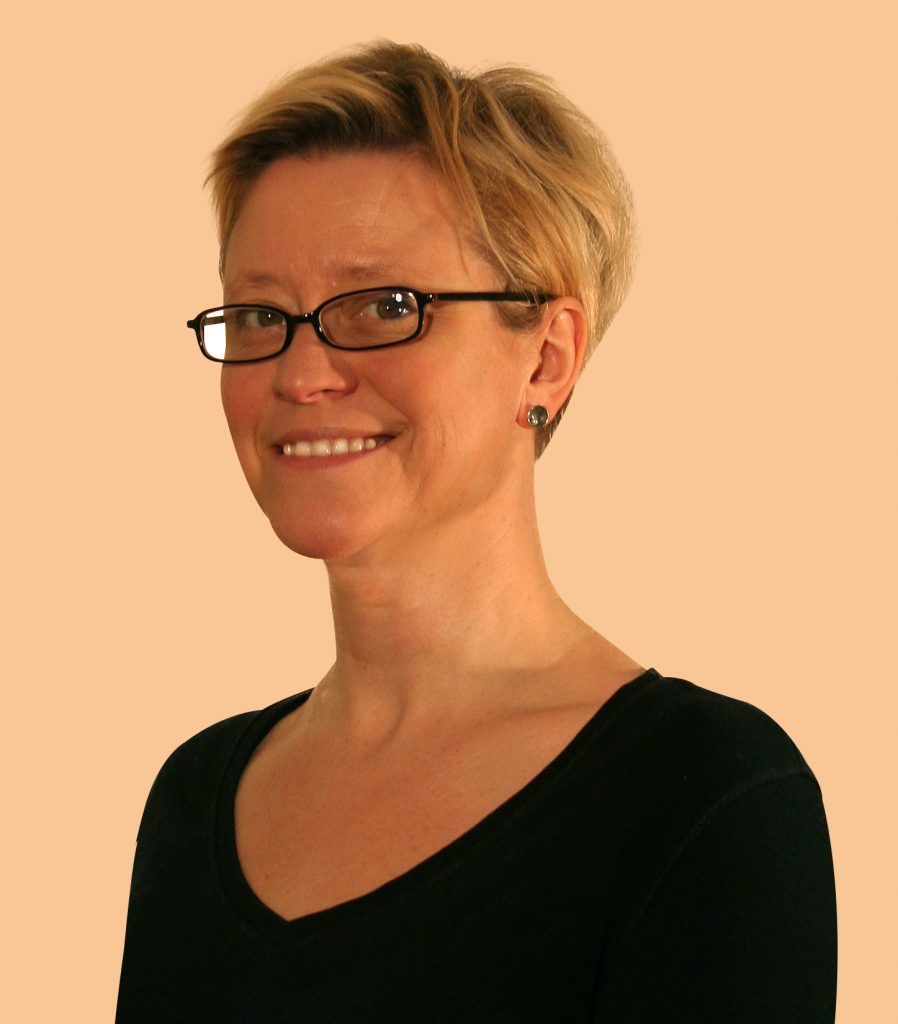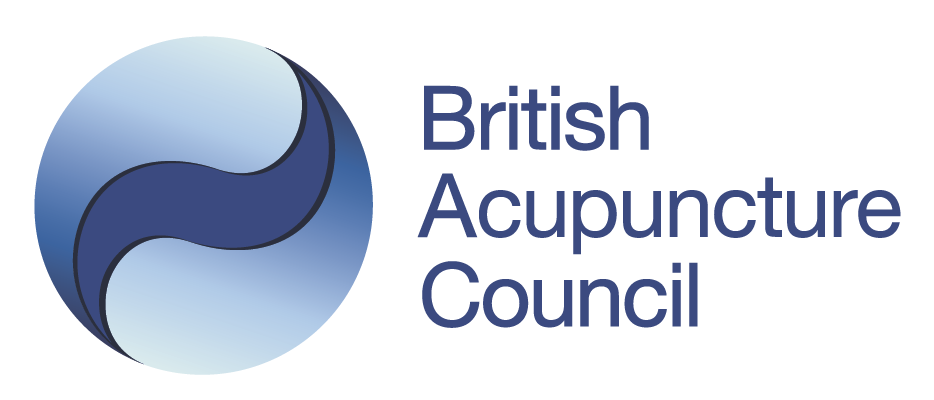
Another building-block was put in place for Santé-AF this week, with the news that the British Acupuncture Council (BAcC) has agreed to fund the study with a research grant of £10,000. I’ve been a member of the BAcC since I qualified as an acupuncturist in 2013, and that allows me to apply for funding for research. I put in a very thoroughly researched and costed proposal asking for the maximum amount, and I’m delighted (and relieved) to say that it’s been successful.
I’m relieved because, in the world of medical research, funding attracts more funding. £10,000 – as I’ve been told by every more senior medical researcher I’ve talked to in the last year – goes nowhere on a trial. Apparently, it’s “probably more expensive to make films, but only just” – ! So while the BAcC grant money is incredibly helpful, it’s basically not enough to make Santé-AF happen; it’s seed money, no more.
Just for the record, we did also apply to the British Association of Nutritional Therapy (BANT) for a similar grant, but unfortunately we found that BANT doesn’t make research grants. That was initially a bit of a setback because obviously Santé-AF can’t use funding from the British Acupuncture Council to fund the nutritional therapy aspect of the trial.
But it’s all turned out OK, because now Santé-AF is in receipt of British Acupuncture Council funding (and the grant is of sufficient size to cover some basic research costs) we can apply for further funding. That’s because the British Acupuncture Council is a registered non-commercial partner of the National Institute of Health Research (NIHR) – a registration carried out by the visionary Mark Bovey, the BAcC’s research manager at the time – and it means that Santé-AF is eligible for what’s known as ‘portfolio adoption’ by the NIHR’s local Clinical Research Network (CRN). Once it’s become a portfolio-adopted study, Santé-AF will be able to access further funding for key study stages such as recruitment and treatments.
So I’ve been exploring a wondrous document known as the SoECAT – the Schedule of Events and Costings Attribution Template. It’s a spreadsheet with lots of macros, and it’s every bit as arcane as it sounds, but it’s doing a wonderful job of working out and attributing the various costs in Santé-AF. I’m being reliably guided by the CRN’s lead research nurse to complete it before submitting it with the Santé-AF Ethics application via the Health Research Authority’s Integrated Research Application System (IRAS).
Essentially, completing the SoECAT means the study can access funding to cover two things: Study Support Costs (which cover recruitment, which will happen via GP practices) and Excess Treatment Costs (which means Santé-AF can pay its practitioners a proper rate to carry out the treatments of acupuncture and nutritional therapy for the study’s participants). The third thing is Research Costs – which is basically everything else, from a travel subsidy for participants to get to their appointments, to the CardioSTAT® ECG monitors we’ll use to track symptom levels – and those costs will come out of the BAcC research grant.
And along with the funding, comes support. The NIHR Clinical Research Network operates a Study Support team which will be able to help Santé-AF operate according to proper procedures. Procedures are the rulebook in clinical trials: proper study conduct is essential in making sure that the safety of all participants is uppermost, and that the study is carried out in a way to ensure its conclusions are reliable. Santé-AF hasn’t had much contact with the Study Support team yet, but I have a feeling that when the trial emerges from design stage and has received its ethical approval – hopefully early in 2020 – their input will be invaluable.

